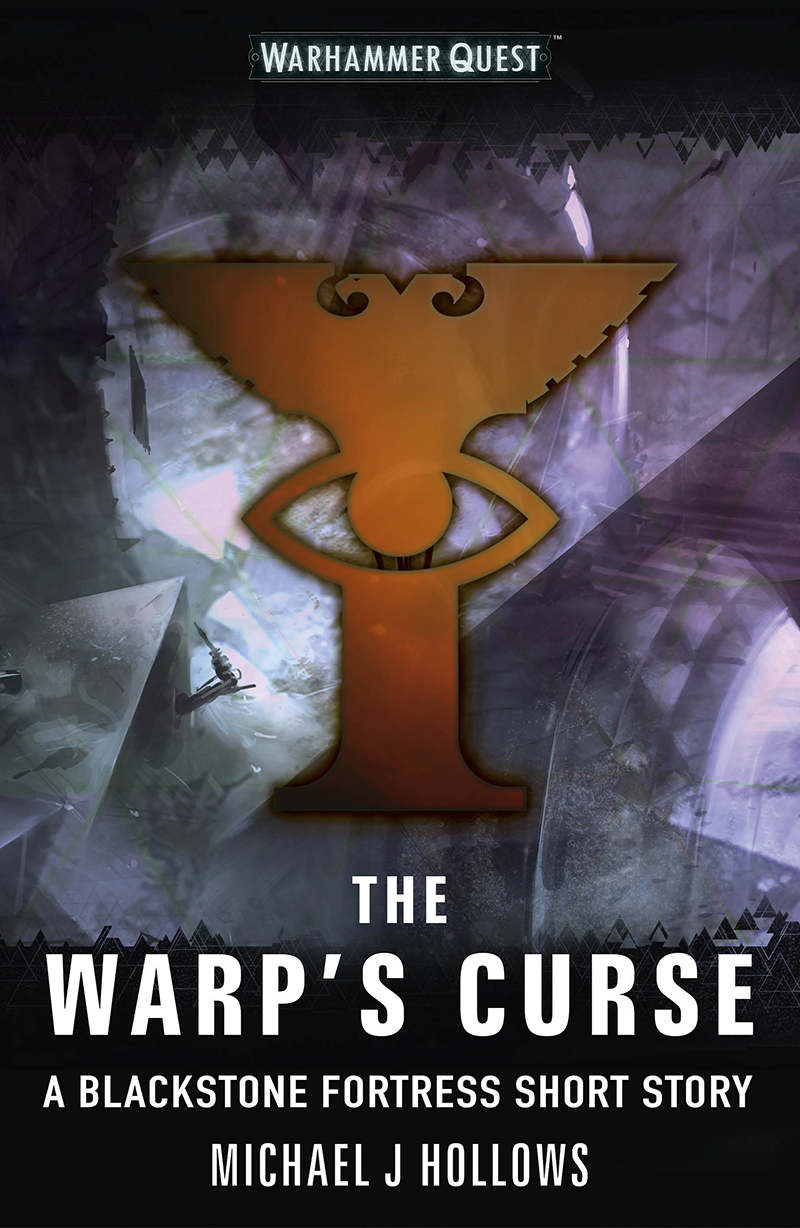Okay, so today’s post is a day late. No, it’s not because I spent ages trying to think of a pun for the title. As you can see I failed in that anyway. No, it was was to do with the fact that I was away at Download Festival in Donington Park all weekend. I fully intended to write a post when I got home yesterday, but energy and time escaped me. So, you can have it today instead. Aren’t I kind to you?
Today’s blog is in a way about Download Festival. Not directly as such, but more what happens when things like festivals, conventions, and other events get in the way of your writing. If you’re an aspiring writer then you probably will be, and should be, attending all sorts of conventions and events to meet fellow writers, agents, and publishers. Things like writing retreats are great to get away and put pen to paper. But what if the event you’re attending isn’t conducive to writing? What if it’s something like a festival where you are stuck in a field for days, cut off from the internet, and horror of horrors, having fun? *gasp*
Well, I would say that this is where ‘thinking’ comes in. Yes, it sounds silly, but it’s something I’ve talked about before. There is a lot more to writing than just typing words on a page. There’s research, planning, and plotting. All of which I’ve covered in previous blogs.
When I’m not by the computer, and even when I’m not carrying a notepad (this isn’t very often, but sometimes I forget it), I spend a lot of time thinking about my story. This can be absolutely anything to do with your story, but it’s a good idea to sometimes take some distance from the page and to just think about it. As I’ve said before before you start writing you need to know certain things about your story and characters.
A writer is always writing.
Right now, as I type this, I’m thinking about a few plot points of the novel I’m currently working on. Because to be fully immersed in it, to be able to write it well, it can never leave you.
I find it useful at the very least to run through dialogue. This can often be tricky to write, and young/inexperience writers often try and cram too much information into dialogue. It needs to be natural. Just sit somewhere and listen to how people talk. Most of what they’re saying is in what they’re not saying.
So, what I’ll do is run through the dialogue in my head, before I’ve even written it. What would that character say in that situation. No that doesn’t sound right, try again. Yes, that’s what they’re trying to say, but this is what they’re actually saying. By the time it gets to the page it’ll feel more ‘real’. As far as you’re concerned those characters have already had that conversation, you’re not making it up on the spot any more.
Dialogue isn’t the only think that you can think through. This weekend, I spent a bit of time, on the bus between Nottingham and Donington Park, thinking about the hierarchies in my novel. Who represents the main organisation, and what are their job roles? This all works towards having a workable, relatable world, even if it is science fiction. By thinking through this, it also brought up relationships between characters: if that was so and so’s job role, then actually they would treat so and so like this…
In short, there is so much that you can be doing, when you don’t have a chance to actually write prose, that will benefit your story. Try not to beat yourself up about not ‘writing’ and realise that actually what you are doing is ‘writing’, just not the physical side of it. I’m not saying drift off and waste time daydreaming and never get you’re writing down. But if you can’t write, then thinking through dialogue, characters, setting, or scenes can help you when you come back to the computer and that blank page that you left behind.
Thanks for reading, and if you liked what I have to say, or even disagree with it please comment below.






